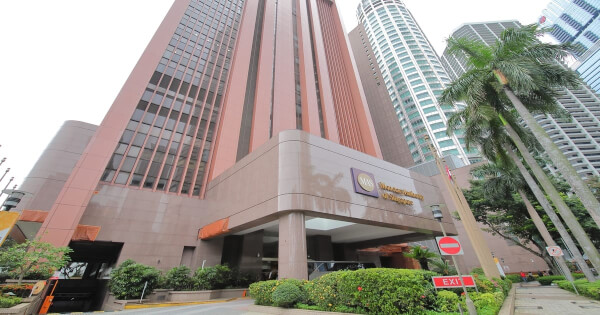
The Monetary Authority of Singapore (MAS) has unveiled its finalized regulatory framework for stablecoins. This development follows a public consultation in October 2022 and a parliamentary inquiry on 20 March 2023 regarding MAS’ stance on cryptocurrency trading risks and stablecoin development. Senior Minister in charge of MAS, Mr. Tharman Shanmugaratnam, emphasized the consultation papers’ intent to reduce consumer risks from cryptocurrency trading and ensure stablecoin value stability. The consultation period, which concluded on 21 December 2022, saw MAS receiving extensive feedback.
Stablecoins, as defined by MAS, are digital payment tokens that aim to maintain a consistent value against one or more specified fiat currencies. When properly regulated, these tokens can act as a reliable medium of exchange, especially for the “on-chain” purchase and sale of digital assets.
The new framework will be applicable to single-currency stablecoins (SCS) that are pegged to the Singapore Dollar or any G10 currency and are issued within Singapore. Key requirements for issuers of such SCS include:
Value Stability: SCS reserve assets will have specific requirements related to their composition, valuation, custody, and audit. This is to ensure a high degree of value stability.
Capital: Issuers are mandated to maintain a minimum base capital and liquid assets. This is to mitigate the risk of insolvency and facilitate an orderly cessation of operations if required.
Redemption at Par: Issuers are obligated to return the par value of SCS to holders within a five-day window from a redemption request.
Disclosure: Issuers must offer transparent disclosures to users. This includes details on the SCS’s value stabilizing mechanism, rights of SCS holders, and the audit outcomes of reserve assets.
Furthermore, only those stablecoin issuers that meet all the stipulated requirements can apply to MAS for their stablecoins to be officially recognized and branded as “MAS-regulated stablecoins”. This distinction will help users differentiate between MAS-regulated stablecoins and other digital payment tokens.
Any misrepresentation of a token as an “MAS-regulated stablecoin” could result in penalties, which might range from financial fines to imprisonment for individuals. Such entities or individuals may also be added to MAS’ Investor Alert List. MAS advises users to be well-informed of the risks when dealing with stablecoins that fall outside of their regulatory purview.
Ms. Ho Hern Shin, Deputy Managing Director (Financial Supervision) at MAS, commented on the framework’s objectives, stating that it is designed to “facilitate the use of stablecoins as a credible digital medium of exchange, and as a bridge between the fiat and digital asset ecosystems.”
Globally, there’s a discernible trend towards stricter regulations for cryptocurrencies and stablecoins.
The Taiwan Financial Supervisory Commission (FSC) has drafted guidelines to oversee virtual asset platforms. Although not yet finalized, the draft encompasses thirteen principles, accompanied by relevant appendices. These guidelines are anticipated to be publicized in September 2023.
Meanwhile, officials in Hong Kong have expressed their commitment to implementing stablecoin regulations by 2024 and are concurrently reviewing rules pertaining to crypto derivatives
Image source: Shutterstock


